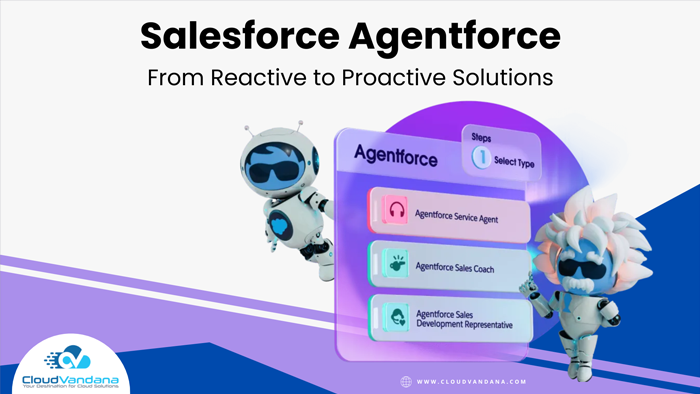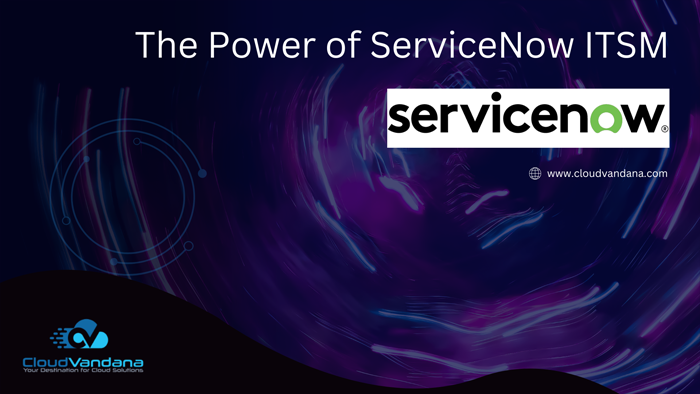In enterprise-grade databases and software solutions, Oracle stands tall as a leader, offering a robust suite of tools and technologies for development, management, and deployment. From database development to application building and cloud integration, Oracle provides a comprehensive ecosystem for developers to create scalable, secure, and efficient solutions. This blog delves deep into Oracle development, exploring its key components, best practices, and the evolving landscape of Oracle technologies.
Understanding Oracle Development
Oracle development encompasses various activities to leverage Oracle technologies to build software applications, manage data, and integrate systems. At its core, Oracle’s story revolves around the following:
Oracle Database Development: Oracle Database is a cornerstone of Oracle development. It offers a robust and reliable platform for storing, managing, and retrieving data. Developers use schema design, SQL query optimization, stored procedures, triggers, and database administration to ensure optimal performance and data integrity.
Application Development with Oracle Tools: Oracle provides many tools and frameworks for application development. Oracle Application Express (APEX), Oracle Forms and Reports, Oracle JDeveloper, and Oracle Cloud Application Development services enable developers to quickly create web, desktop, and mobile applications. These tools streamline development and provide integration capabilities with Oracle Database and other technologies.
PL/SQL Development: PL/SQL (Procedural Language/Structured Query Language) is Oracle’s extension of SQL, allowing developers to write procedural code within the database. PL/SQL enables the implementation of complex business logic, data manipulation, and transaction management directly within the Oracle Database. Developers leverage PL/SQL to enhance performance, maintain data integrity, and enforce security constraints.
Oracle Fusion Middleware Development: Oracle Fusion Middleware offers a comprehensive platform for building and deploying enterprise applications. From application servers to business process and identity management, Oracle Fusion Middleware provides services to support diverse application development requirements. Developers leverage middleware components to create scalable, reliable, integrated solutions that meet enterprise needs.
Oracle Cloud Development: With the advent of cloud computing, Oracle has expanded its offerings to include cloud services such as Oracle Cloud Infrastructure (OCI), Platform as a Service (PaaS), and Software as a Service (SaaS). Developers can leverage Oracle Cloud services to build, deploy, and manage applications in a flexible and scalable environment. Oracle Cloud offers a range of development tools, databases, and services tailored to modern application development paradigms.
Oracle Integration and Data Management: In today’s interconnected world, data integration and management are crucial aspects of Oracle development. Oracle provides solutions for data integration, warehousing, and master data management, enabling organizations to streamline processes, enhance data quality, and gain insights from disparate data sources. Developers are crucial in implementing ETL processes, data governance policies, and integration solutions that facilitate seamless data flow across the enterprise.
Best Practices for Oracle Development
To ensure success in Oracle development projects, developers should adhere to best practices that promote efficiency, reliability, and maintainability:
Follow Database Design Principles: Proper database design is essential for optimal performance and data integrity. Developers should adhere to normalization principles, define appropriate data types, and establish relationships between entities to minimize redundancy and ensure consistency.
Optimize SQL Queries: Efficient SQL queries are critical for maximizing database performance. Developers should strive to write concise and optimized SQL queries that leverage indexes, avoid full table scans, and minimize resource consumption.
Use Transactions Wisely: Transactions are crucial in maintaining data consistency and integrity. Developers should use transactions judiciously, ensuring that critical operations are grouped within transaction boundaries to preserve data integrity and recoverability.
Implement Error Handling and Logging: Robust error-handling mechanisms and logging practices are essential for troubleshooting and debugging applications. Developers should implement comprehensive error-handling routines and logging mechanisms to capture and report errors effectively.
Secure Data and Applications: Security is paramount in Oracle development. Developers should adhere to security best practices, implement proper access controls, encrypt sensitive data, and sanitize inputs to mitigate security risks such as SQL injection and data breaches.
Embrace Automation and DevOps Practices: Automation and DevOps practices streamline the development lifecycle, enabling faster delivery and greater agility. Developers should leverage automation tools, version control systems, and continuous integration/continuous deployment (CI/CD) pipelines to automate build, test, and deployment processes.
The Evolving Landscape of Oracle Development
As technology continues to evolve, Oracle’s development is also changing to embrace emerging trends and paradigms:
Cloud-Native Development: With the rise of cloud computing, Oracle is investing heavily in cloud-native development tools and services. Developers are increasingly adopting serverless architectures, microservices, and containerization to build scalable and resilient applications in the cloud.
Artificial Intelligence and Machine Learning: Oracle integrates artificial intelligence (AI) and machine learning (ML) capabilities into its development tools and platforms. Developers can leverage AI/ML services for predictive analytics, natural language processing, and image recognition, enabling more innovative and personalized applications.
Blockchain and Distributed Ledger Technology: Oracle is exploring the potential of blockchain and distributed ledger technology (DLT) to enhance data security, transparency, and trust in enterprise applications. Developers can leverage Oracle’s blockchain platform to build decentralized applications (DApps) and implement secure and auditable transactional systems.
Low-Code and No-Code Development: Oracle embraces the low-code and no-code development movement, enabling citizen developers and business users to build applications with minimal coding knowledge. Platforms like Oracle APEX empower users to rapidly create web applications using visual development tools and pre-built components.
Conclusion
Oracle development offers a rich ecosystem of tools, technologies, and services for building enterprise-grade applications and solutions. From database development to cloud integration, Oracle provides a comprehensive platform that enables developers to unleash their creativity and drive innovation. By following best practices, embracing emerging trends, and staying abreast of the evolving landscape, developers can harness the full potential of Oracle technologies to meet the dynamic needs of modern businesses.
CloudVandana is a pioneering technology partner in India, exemplifying innovation, reliability, and expertise in Oracle development. Through its unwavering commitment to excellence, CloudVandana has consistently delivered cutting-edge solutions and services to its clients, enabling them to harness the full potential of Oracle’s technology stack.
With a dedicated team of professionals and a deep understanding of Oracle’s suite of products, CloudVandana has emerged as a trusted ally for businesses seeking to navigate the complexities of digital transformation and cloud adoption. Its agile approach, coupled with a focus on customer satisfaction, has set the benchmark for excellence in the industry. Call Now.










